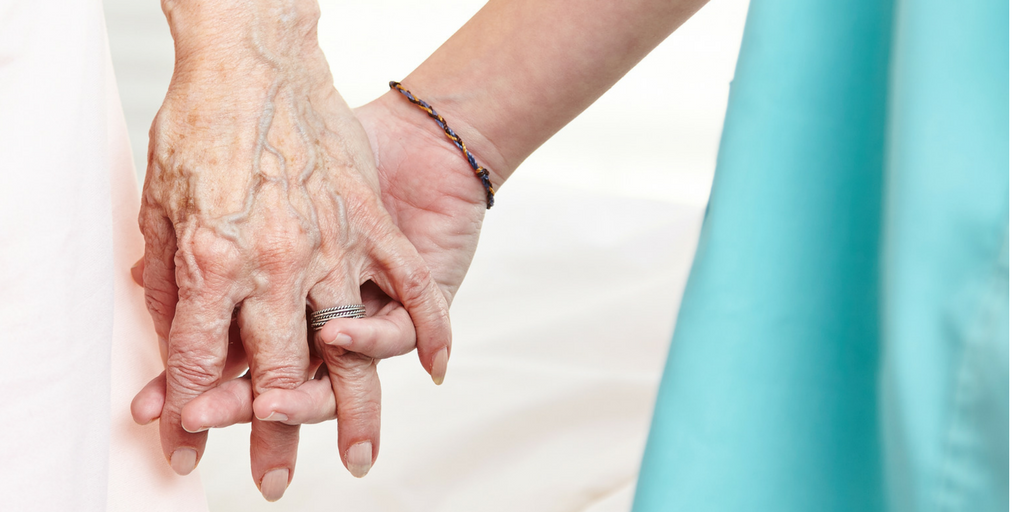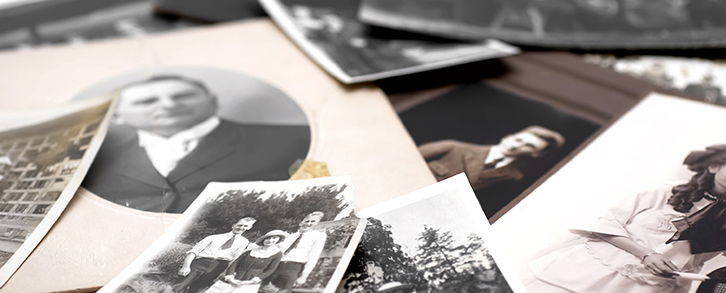New Spotlight on Caregivers and Sacrifices They Make
Study: Elderly’s Family Caregivers Need Help, Too
Republished from Kaiser Health News.
Elderly Americans’ well-being is at risk unless the U.S. does much more to help millions of family caregivers who sacrifice their own health, finances and personal lives to look out for loved ones, reported a study released Tuesday.
Nearly 18 million people care for a relative who is 65 or older and needs help, yet “the need to recognize and support caregivers is among the most significant challenges” facing the nation’s swelling elderly population, their families and society, according to the report from the National Academies of Science, Engineering, and Medicine. Describing family caregiving as “a critical issue of public policy,” a committee of experts in health care and aging said the next presidential administration in 2017 should direct a national strategy to develop ways to support caregivers, including economically.
According to the report, people who help elderly family members with three or more personal tasks a day devote 253 hours a month to caregiving — almost the equivalent of two full-time jobs.
Five years is the median duration that family members care for older adults with high needs, the report said.
For some Americans who accept that responsibility, that can mean taking a less demanding job, foregoing promotions or dropping out of the workforce.
Lost wages and benefits average $303,880 over the lifetimes of people 50 and older who stop working to care for a parent, according to a study cited in the report. That’s not all: A lower earnings history also means reduced Social Security payments for caregivers when they become eligible.
A possible fix for that problem, proposed by researchers in 2009, is to provide caregivers with a Social Security credit for a defined level of deemed wages during a specified time period, the report said.
Leave programs do exist for some workers shouldering caregiving duties, but many lack such job protections.
The federal Family and Medical Leave Act doesn’t cover 40 percent of the workforce. It allows eligible employees to take 12 weeks of unpaid time off to care for certain family members, but the law only applies to those who work federal, state and local governments and private companies with more than 50 employees. But ineligible family relationships for leave include sons- and daughters-in-law, stepchildren, grandchildren, siblings, nieces and nephews. Many workers can’t afford to give up their incomes for 12 weeks.
In 2011, 17 percent of caregivers didn’t take leave because they feared losing their jobs, according to a national survey cited in the report.
The report recommends that family caregivers receive status as a protected class under existing job discrimination laws and that employers get guidance and training on ways to support workers caring for family members.
Beyond the economic costs of caregiving, the report notes that the social and physical toll of caregiving should get more attention than it does.
“If their needs are not recognized and addressed, family caregivers risk burnout from the prolonged distress and physical demands of caregiving, and the nation will bear the costs,” the report said.
Instead of delivering “patient-centered” care, health care providers should adopt “family-centered” models that include checking with caregivers to ensure they are healthy and capable of filling the role. The report also recommended wellness visits, counseling sessions and better training for caregivers who must understand increasingly complicated medical instructions.
Dealing with feeding and drainage tubes, catheters and other complicated medical devices causes stress, and the study’s authors noted that caregivers report “learning by trial and error and fearing that they will make a life-threatening mistake.”
The study was funded by 13 private foundations, the Department of Veterans Affairs, and an anonymous donor that requested the National Academies undertake the research in 2014.
KHN’s coverage of late life and geriatric care is supported by The John A. Hartford Foundation. KHN’s coverage of aging and long-term care issues is supported by The SCAN Foundation.

